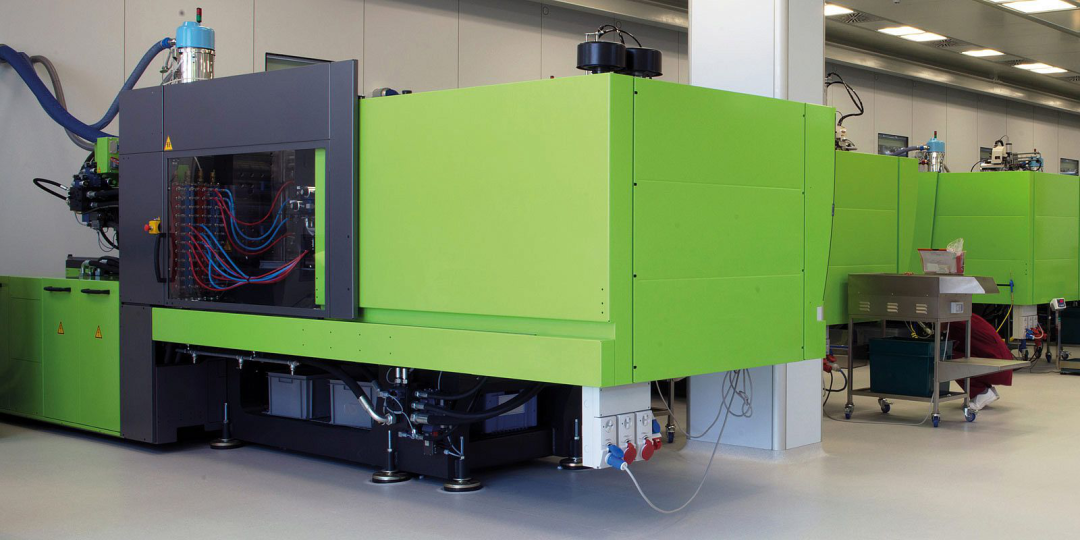Why do we need sustainable biobased and recycling materials
The reuse of materials helps to reduce dependence on non-renewable resources
To reduce waste discharge and reduce CO2 emission
To reduce the environmental load caused by waste disposal
Many European and American brands require domestic suppliers to obtain Biobased and GRS
certificates for their products.
Biobased materials
Bio-based materials are derived from renewable natural resources (such as corn, rice, wheat,
potato, sugar cane,vegetable oil, etc.) through biological,chemical, and physical methods.
What is the OK biobased?
VINCOTTE, Belgian testing, and certification organization began to launch the OK Biobased mark in 2009, and it is still the most authoritative bio-plastic certification mark in the EU.
VINCOTTE is certified in accordance with DIN ISO 10694 (determination of total organic carbon content) and the latest version of ASTM D6866 (Methods B and C only) for intermediate and end product raw materials, which shall contain at least 30% organic carbon and 20% biochar.
Biobased materials in Polyurethane
Polyurethane is mainly reacted by Isocyanate,polyether polyol, polyester polyol, and chain extender. These raw materials and intermediates come from petroleum, coal, and other resources,and most of them are chemicals that will release harmful substances.
The production of environmentally friendly polyurethane products by replacing petroleum raw materials with biobased materials
Biobased materials in TPR(SBS/SEBS base)
Thermoplastic elastomers described as TPR are compounds based on SBS or SEBS.
To modify the physical properties, the formula should be added with oil and functional additives. Most oil and additives come from petroleum and cause environmental issues.
The production of environmentally friendly TPR products by replacing petroleum with vegetable oil and biobased additives.
GRS
GRS (Global Recycled Standard) is an international, voluntary, full-product standard that sets requirements for third-party certification of recycled content, chain of custody, social and environmental practices,and chemical restrictions.
GRS is intended to meet the needs of companies looking to verify the recycled content of their products (both finished and intermediate), a product must contain at least 20% of its raw materials to be composed of recycled content and be 100% pollution-free.
Definition of recycle material
Pre-Consumer Material
Materials that are diverted from the waste stream during the manufacturing process.
Post-Consumer Material
Material generated by households or by commercial, industrial, and institutional facilities in their role as end-users of the product that can no longer be used for its intended purpose.
Transaction Certificate (TC)
TC is a document issued by the Certification Body (e.g., UC, TUV, BV, ETC) that verifies that the goods being shipped from one Organization to the next conform to a given standard.
All Recycled materials entering the supply chain shall have a valid TC issued by their approved CB.







